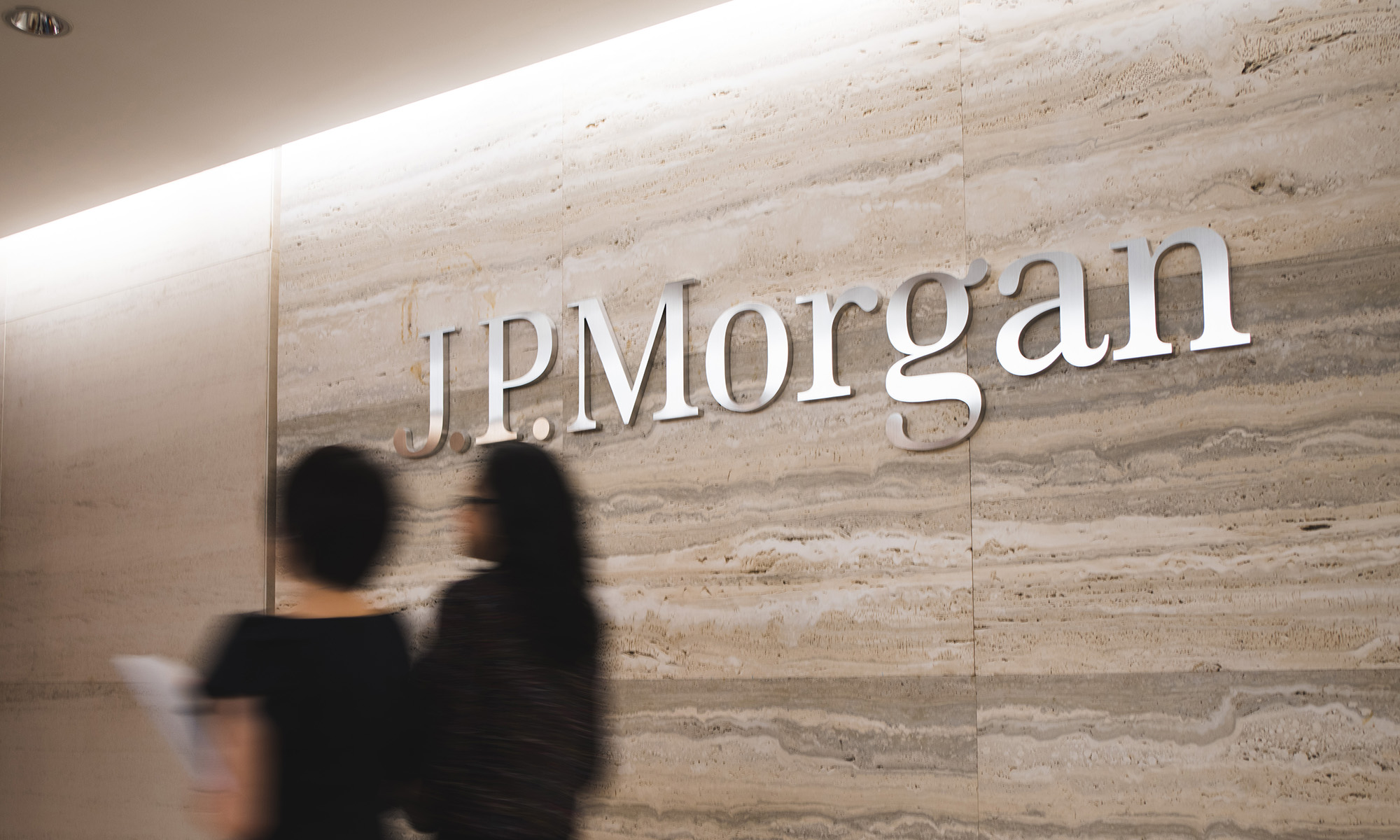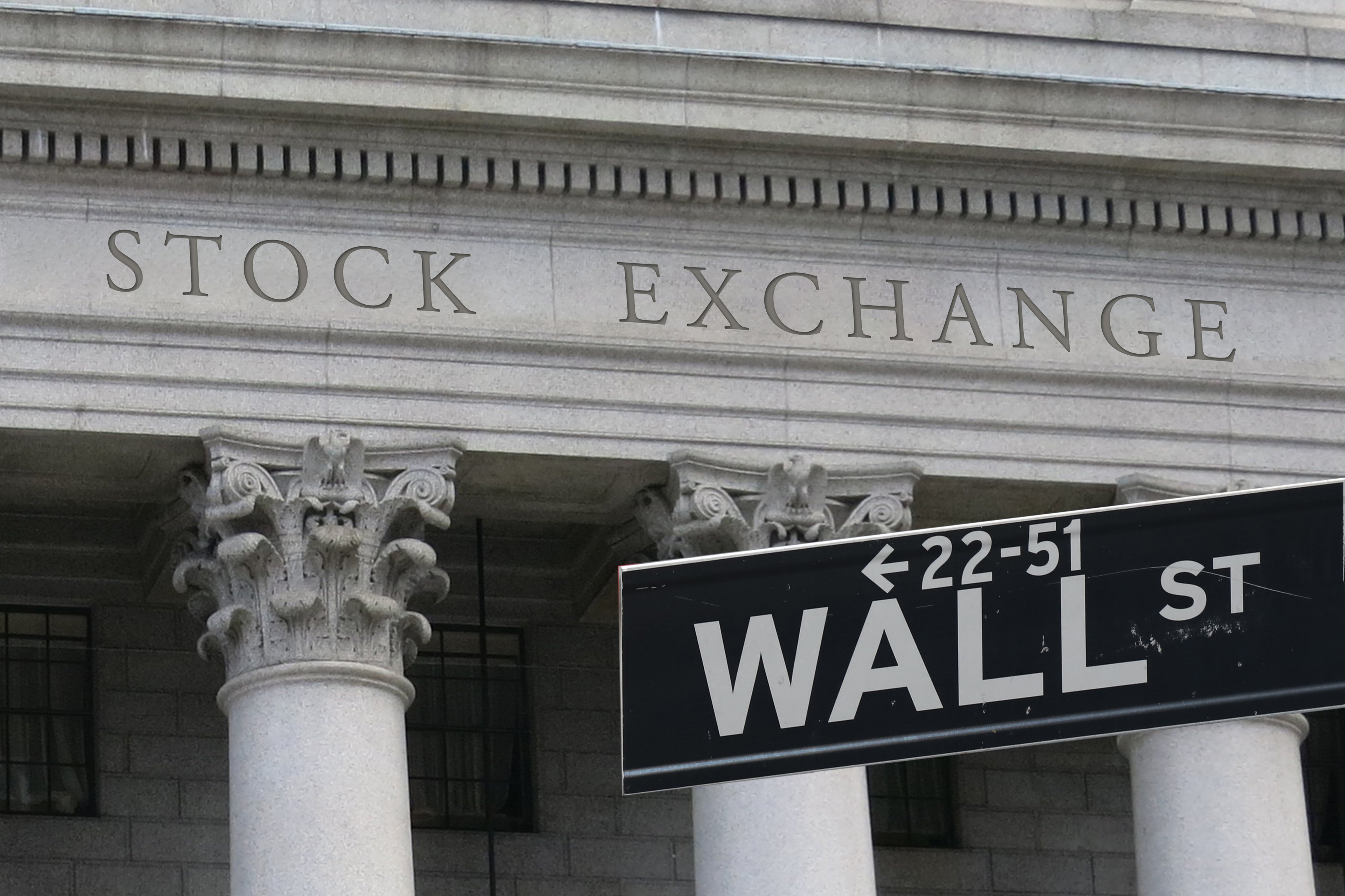Even though JPMorgan Chase (JPM 0.18%) is the nation's biggest bank by assets, which should weigh on its growth rate relative to smaller banks, its book value per share has nevertheless increased at a faster pace than many of its peers. This is important for investors because a bank's book value per share heavily influences its stock price.
JPMorgan Chase's book value per share has risen by 64% since January 2010. The average among its peers is only 47%.
JPM Book Value (Per Share) data by YCharts.
There are a lot of complicated metrics and concepts involved in analyzing banks, but book value per share isn't one of them. You calculate this by taking JPMorgan Chase's total shareholders' equity, which is on its balance sheet, and then dividing that by the New York-based bank's outstanding share count. In JPMorgan Chase's case, that comes out to $64.68, according to YCharts.com.
How fast should this be growing? There's no set rule, as it depends on where the economy is in the business and interest rate cycles. If things are going great and interest rates are high, enabling a bank to earn a richer yield from its loan portfolio, then its book value per share will grow fast. During a recession, however, the pace will slow and a bank may even see its book value per share contract.
Right now, given the low interest rate environment, it's reasonable to expect a bank's book value per share to increase by 5% a year, with many banks exceeding this. JPMorgan Chase is obviously one of them given that its has increased by 64% in less than eight years.

Jamie Dimon, CEO of JPMorgan Chase. Image source: JPMorgan Chase.
Another point to keep in mind is that the pace at which a particular bank's book value per share grows is in part a function of how much net income it distributes via dividends and buybacks. More specifically, there tends to be a negative relationship between a bank's total payout ratio (dividends plus share buybacks divided by net income) and the growth rate of its book value per share -- the higher the payout ratio, the lower the growth rate, and vice versa.
This relationship isn't as noticeable in JPMorgan Chase's case because it isn't an outlier on either count. It's ranked 6th out of 23 banks on the KBW Bank Index in terms of book value per share growth since the beginning of 2010, and 10th in terms of its total payout ratio over the trailing twelve months.
In short, this is an important metric for investors to follow, which is good news for shareholders of JPMorgan Chase so long as it stays on its current course.







